COVID-19: As if the war was not enough
… back to top There were simply no more jobs – none at all. Everything just stopped. …
… back to top There were simply no more jobs – none at all. Everything just stopped. …
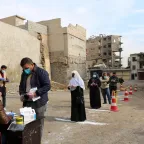
Just like every morning for the past nine years, Claudia Ortega arrives at the primary health care centre in Boca de Grita to provide medical care at the only health care facility available to the …
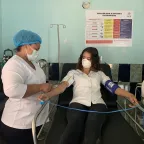
… lost family members, while others have lost jobs or struggled with mental health issues. …

"Would you believe me if I said that I feel jealous when I see parents visiting the graves of their sons? I keep asking myself: 'don't I deserve even this?'" Ashot's* son fought in last year's …

… or suffered intimidation for just doing their jobs. The ICRC and the Red Cross Red Crescent …
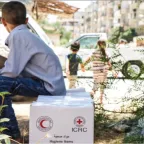
A physician on the front lines in Yemen tells us about the stigma attached to working with COVID-19 patients, violence against health care services and personnel, and the importance of trust between …
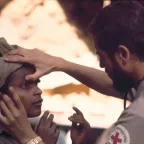
Each day, all members of the International Red Cross and Red Crescent Movement, especially the volunteers, work relentlessly to ease the suffering of those experiencing hardships such as those caused …
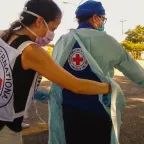
Thirty-nine-year-old Afghan construction worker Nick Mohammad (a resident of Faizabad in Badakhshan province), who spent a part of his life as a migrant worker in Iran, returned to Afghanistan seven …
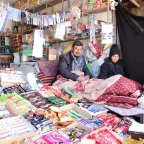
The International Committee of the Red Cross employs close to 20,000 people in over 100 countries. These humanitarians face unprecedented challenges as they work in difficult circumstances and in …

… they use for things like cleaning the car or jobs around the house. This man was just …
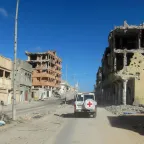
Try one of the following resources:
Created in 1863, the ICRC library, alongside the ICRC archives, provides an indispensable documentary reference on the organization itself and international humanitarian law.
International humanitarian law is based on a number of treaties, in particular the Geneva Conventions of 1949 and their Additional Protocols, and a series of other instruments.
Customary international humanitarian law consists of rules that come from "a general practice accepted as law" and that exist independent of treaty law.